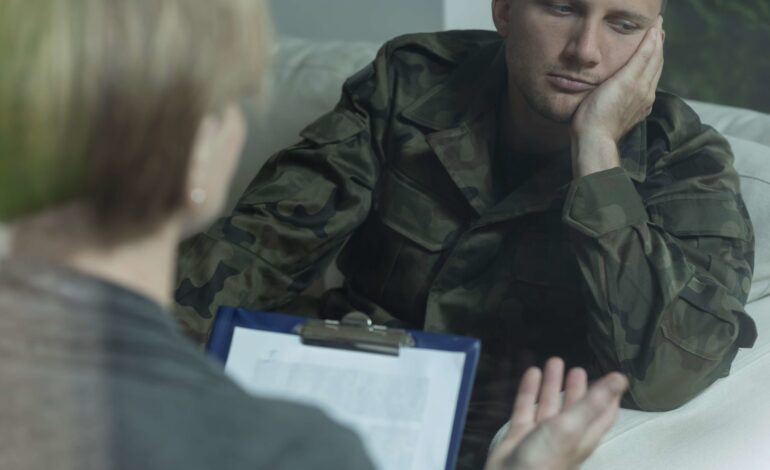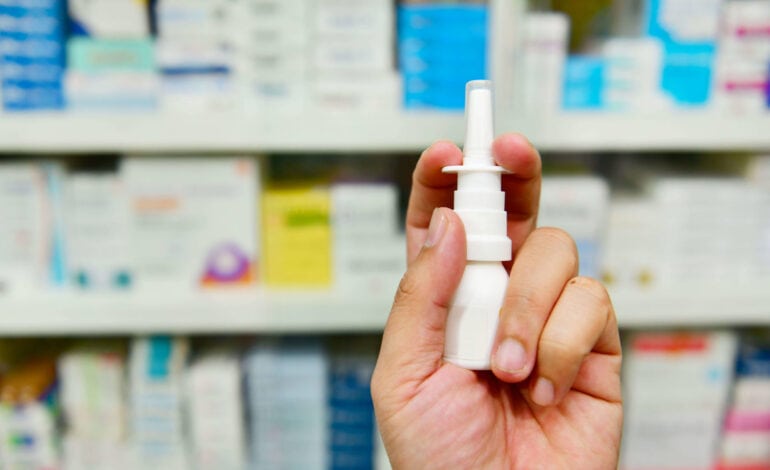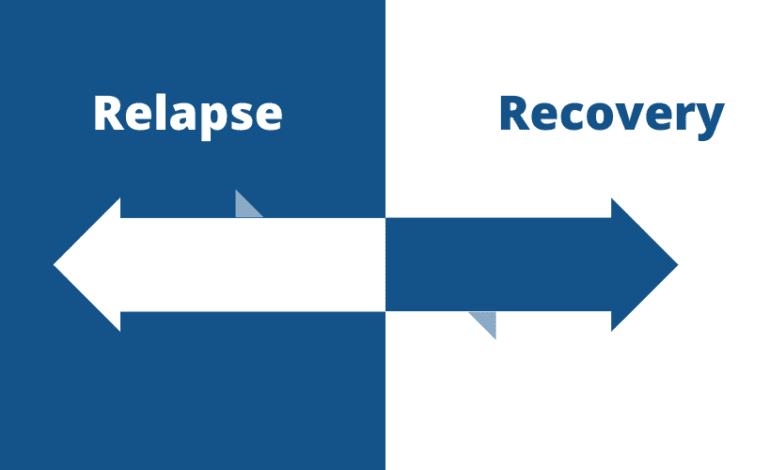Rising Suicide Rates Among Veterans. According to multiple recent studies and news reports, suicide rates among veterans are steadily increasing over the last five years.
Combat deaths have been rapidly declining, resulting in suicide as the leading cause of death among active duty service members across all branches.
The rate of suicides per 100,000 active service members increased from 18.5 in 2013 to 24.8 in 2018, with the army having the most significant number of suicides out of all military branches.
With Veterans Day rapidly approaching, it brings up the conversation of whether Veterans Day should be linked to a mental health awareness day.
Veterans Day and Mental Health
Veterans Day, formerly called Armistice Day, was primarily dedicated to recognizing veterans who served in World War I.
After World War II and the Korean War ended, Armistice Day was later changed to honor veterans who fought in all wars.
In present-day Veterans Day is honored on November 11th and is considered a national holiday.
Veterans sacrifice their families, personal life, safety, and mental health to fight for their country.
Upon returning home from battle, many veterans feel as though they have lost their place in society.
Veterans returning home from war are often unemployed, struggle to navigate the VA healthcare system, work endlessly to reunite with their families, and wrestle with mental health and substance abuse issues.
These increasing suicide rates are likely linked to an increase in mental health disorders such as posttraumatic stress disorder (PTSD).
Many other triggering factors also play into the development of suicidal ideations among veterans.
Becoming Stripped of Purpose
Active military personnel serve a significant and vital purpose overseas. They are chosen to protect foreign civilians and fight for their home country.
This sense of purpose instills a sense of pride. Pride in themselves, pride in their work, and pride in their country.
Working in such a stressful environment can trigger a sense of adrenaline, which, over time, can become more addictive.
It is not uncommon for soldiers to re-enlist multiple times because of this sense of pride and chase for adrenaline.
Returning home as an inactive member of the military or as a veteran means giving up that sense of importance or having to search for a new sense of purpose.
This can create a lot of internal turmoil as many veterans struggle to find a new identity after returning home.
They may feel unneeded and unwanted, creating feelings of emptiness loneliness, and as a result, veterans will often long for the desire to be back overseas, fighting in combat.
Returning home from a warzone can be emotionally and mentally traumatic, and coming back physically injured can result in even more feelings of loneliness and isolation.
Having to search for a job and housing while battling emotional wounds and trying to find a new purpose, can be incredibly overwhelming, to the point of being pushed over the edge.
From a physician’s standpoint, being stripped of purpose can result in low-self esteem and feelings of depression.
Even without experiencing nightmares, flashbacks, or other symptoms of trauma, returning home can feel like starting over without having any sense of direction.
Without the proper support system, resources, and counseling, this can potentially lead to suicidal ideations and attempts.
Shame and Stigma
There is an increase in mental health and substance abuse among veterans compared to civilians, and unfortunately, many veterans do not seek help for their symptoms.
They may be ashamed of their thoughts and emotions and fearful that society will view them as weak.
Veterans are trained with the mindset of perfectionism, strength, and endurance, and when they feel crippled by mental illness; this can be belittling to their core.
We Can Do Better
As a society, it is our job to not only support our veterans during their transition back to the United States but to also advocate for their rights and mental health.
Although there is a lot of research and awareness about veterans and PTSD, many civilians are not as in tune with the transitional hardships that veterans must face after returning from war.
Although Veterans Day does honor and recognize all veterans, we should connect this day with mental health initiatives.
The recognition of mental health and Veterans Day could potentially raise more awareness about the suicide rates and underlying triggers associated with returning home from war.
First Responders Treatment Program at AKUA
At AKUA, we recognize our heroes have dealt with unique situations and stressors.
Our First Responders Treatment Program is tailor-made to deal with trauma and addiction issues, providing firefighters, police officers, paramedics, military, and other uniformed personnel with a platform to get their life back on track and begin the healing process.
24/7 ADMISSION HELPLINE 888-629-6707




